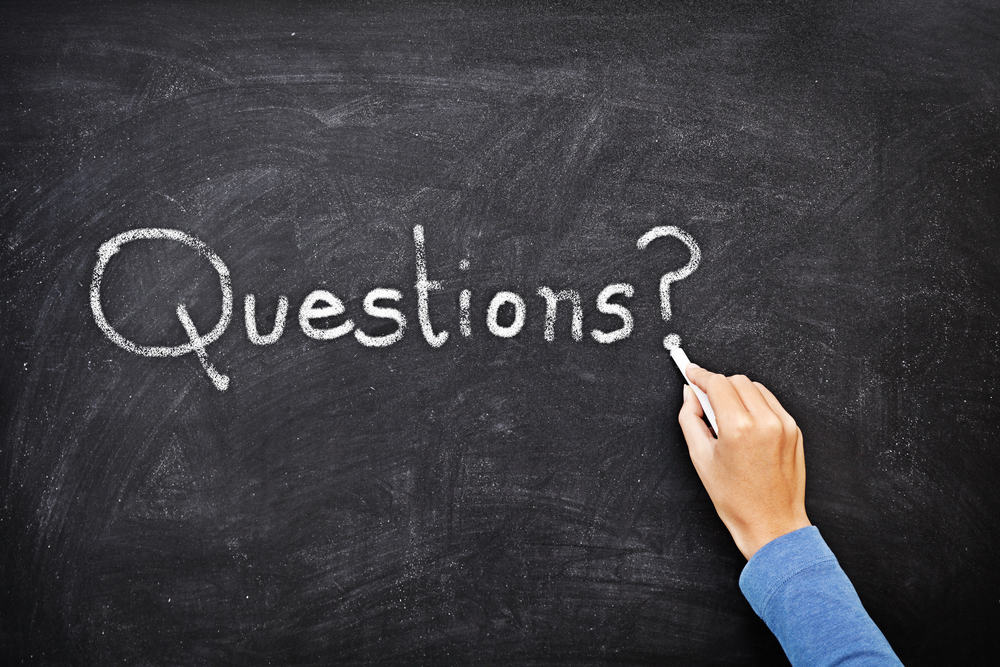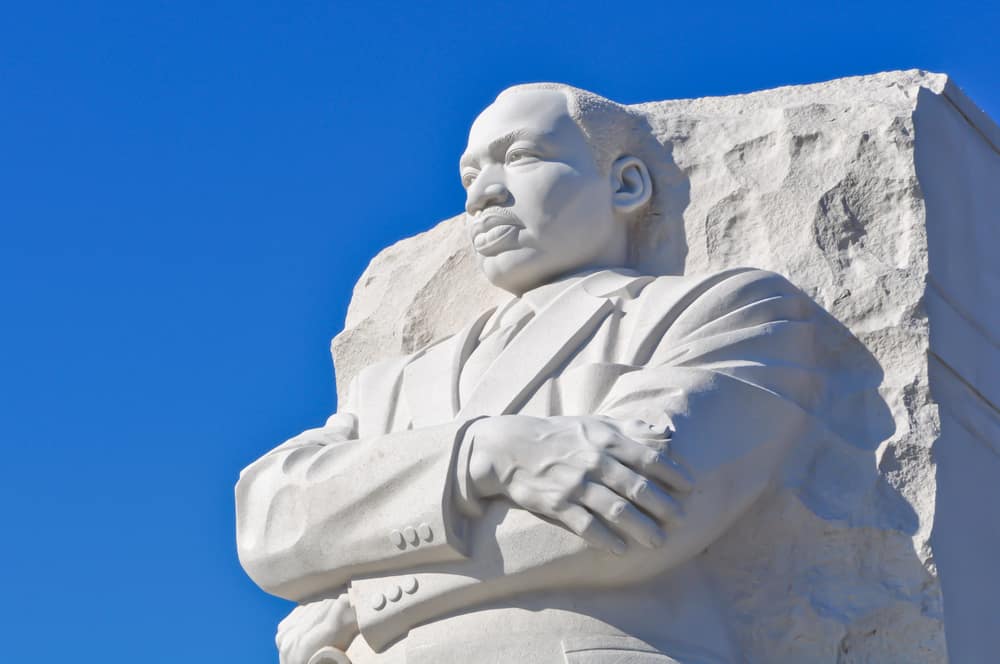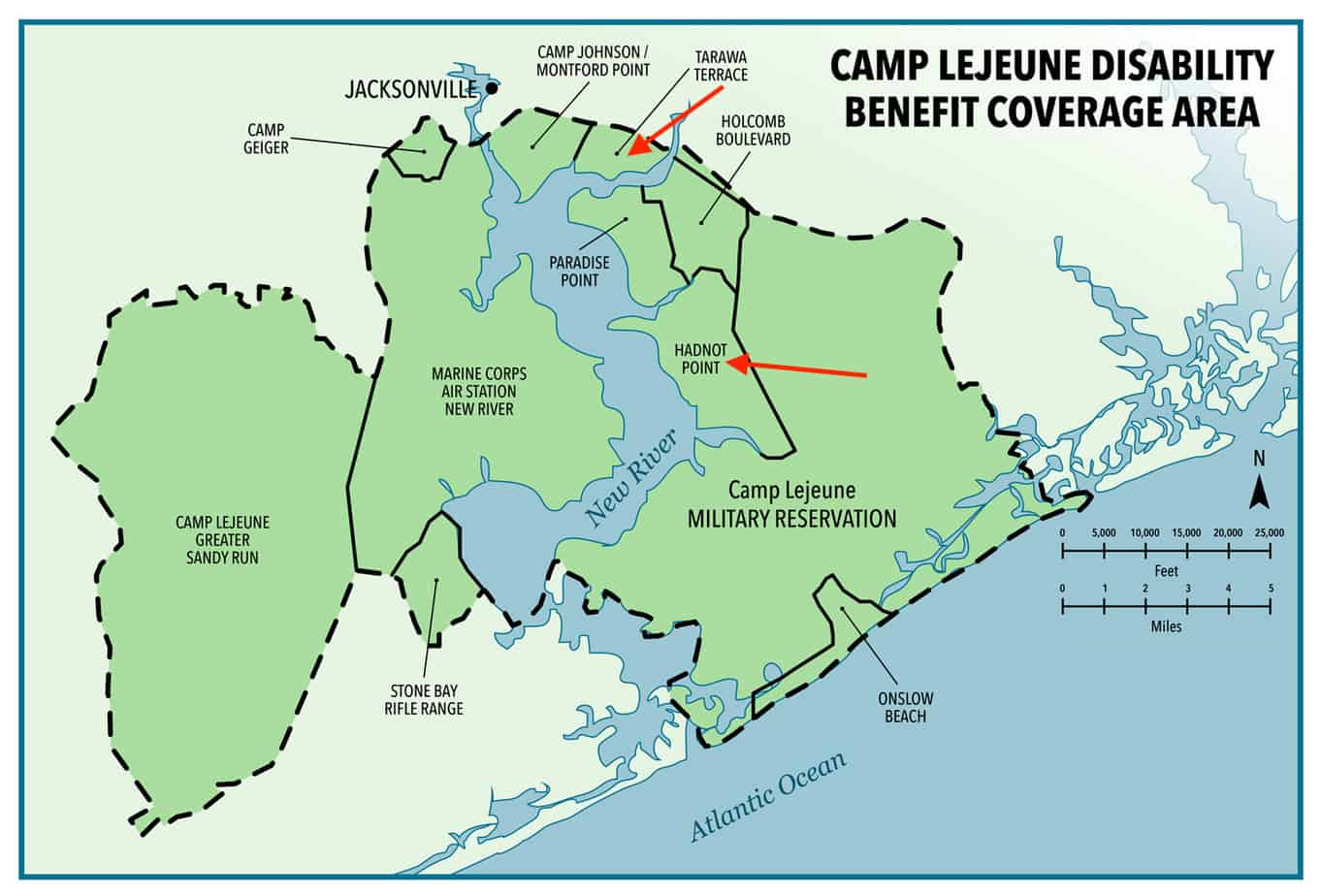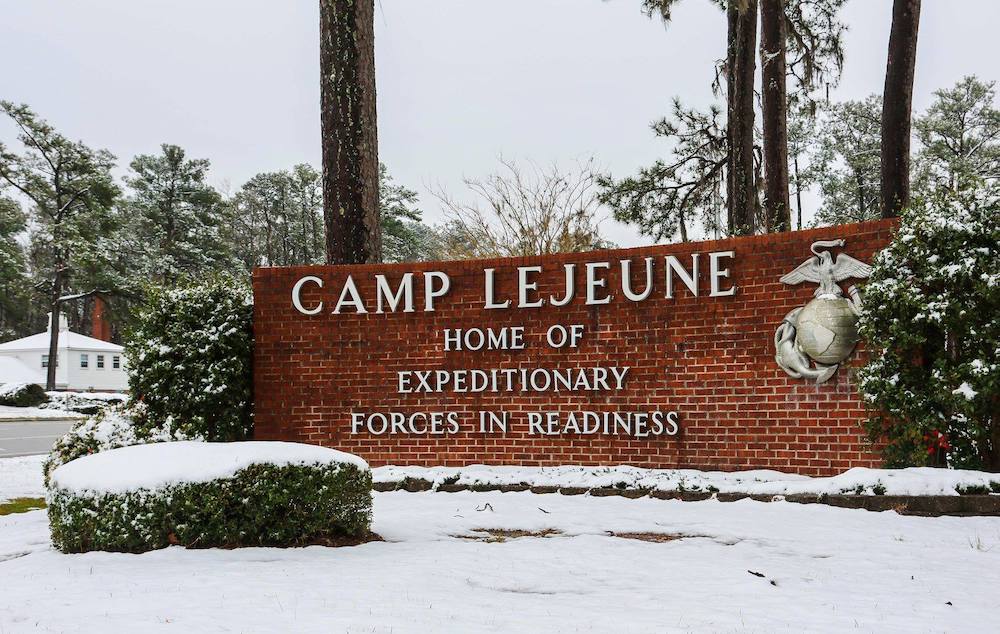The United States is considered the freest country in the world. The first ten amendments that form their bill of rights protect individual freedoms and rights for everyone – including children, visitors, and immigrants. But it is not the only country with a constitution that is meant to protect civil liberties.
Our constitutionally protected freedoms are known as civil liberties. However, citizens in democracies around the world can’t help feeling that their civil space is rapidly constricting by various measures implemented to protect them from terror attacks, political opposition, the coronavirus pandemic, and so much more.
Historically, governments have used crises to introduce policies that would otherwise prove difficult to pass. In March 2020, the U.N. Office of the High Commissioner on Human Rights advised governments to respond to the COVID-19 pandemic responsibly and to avoid measures that may violate human rights.
Unfortunately, with more countries than ever focusing on their military rather than investing more in public health, their response to the COVID crisis was to implement social control measures. A lack of care capacity, supplies, research, and planning meant that containing the virus required very restrictive measures.
Forbidding opposition and freedom of speech
The criminalization of citizens breaking quarantine, the spreading of fake news, or reporting illness was some of the measures taken by many governments. These measures may appear logical to protect the general health of the public, but their vague wording often allows them to be implemented against people opposed to the government.
It has become a criminal offense not to report an illness in Myanmar and quarantine is enforced at certain military bases. Circulating misinformation in Hungary, according to a broadly defined new law, can get one a five-year prison sentence. Eighty-five people were indicted within a month of the law’s passing. In Turkey, Cambodia, and Thailand people were charged for comments considered “fake news,” often including members of opposition parties.
Such broad definitions, human rights organizations say, allow governments to criminalize whoever they want, and suppress the right to freedom of speech.
Large gatherings and protests did not escape the attention of lawmakers during the pandemic. These measures were implemented and removed depending on the extent of the virus. In Israel, people were fined for removing their masks in a protest. Meanwhile, in the U.S., protesters at an outdoor rally were blamed for spreading the virus.
Prisoners and public health
Globally, the inmate populations of detention facilities continue to increase, despite the pandemic. Unfortunately, arrests for breaking lockdown rules increased the numbers of those incarcerated. Moreover, there were no noticeable improvements in conditions in these facilities. Many of these continue to be crowded, prisoners have minimal access to soap and basic hygiene.
Growing jurisdictive powers
Situations like terror attacks and the pandemic often require that countries declare a temporary state of emergency. Unfortunately, sometimes governments take this opportunity to increase their powers or pass controversial laws.
In 2020, the Hungarian parliament passed a law allowing the state of emergency to be valid for the whole year, provisionally pushing the powers of parliament aside. A controversial law against terror, giving the government more power to criminalize entire populations, was also passed by the Philippines during the pandemic. Under normal circumstances, citizens would have protested, something prohibited by the restrictions.
A matter of privacy
Data collection and tracking have been an ongoing gripe with citizens around the world for years now. Smartphones are a potential tracking device that most people carry with them most of the time. During the pandemic, tracking people’s locations was one of the easiest ways for governments to try and curb the spread of the virus.
Some governments, including South Korea, Israel, China, and Iran used geolocation data through the pandemic to locate and track infected people. In countries like China and Russia, masks are often used as protection against recognition by protestors, but now facial recognition software can identify them, even with a mask on.
Surveillance methods continue to become more sophisticated. People are against these, but some argue that they are aimed at protecting the public, especially at a difficult time like dring the pandemic, when stopping the spread of the coronavirus became important. However, the use of drones, electronic tracking bracelets, and tracking credit card use are some of the new measures that some countries may decide to normalize later.
Conclusion
These are some of the most recent ways government organizations used to violate your civil liberties. Most are temporary, but over the years, many like digital tracking and the storage of information have become more prevalent.

What is a violation of civil liberties?
Civil liberties are constitutional rights such as the freedom of the press and religion. Any restrctions to these freedoms would be legally actionable.
What are civil liberties examples?
Civil liberties include freedom of the press and religion, the right to assemble peaceably as well as equal rights.
What are examples of civil rights?
Civil rights include voting rights, a fair trial, access to government services and public facilities as well as an education.
What are some examples of civil rights violations?
Discrimination based on sex or gender within the educational system or housing. Sexual harassment at work. Right to a fair trial before property is taken away.
What are the most important civil liberties?
Privacy, fair trial, freedom of religion, freedom of expression, right to marry, right to bear arms, freedom of tracel, right to not incriminate yourself.
How can police violate civil rights?
Excessive force is an abuse of authority. Other violations often occur at the same time. This may include false imprisonment and malicious prosecution as well as improper arrest








